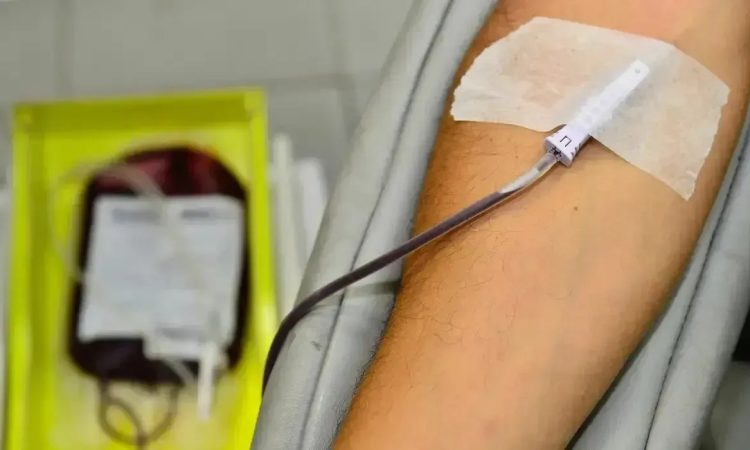STF judges this Thursday (19) the right to treatment without blood transfusion for Jehovah’s witnesses

The Federal Supreme Court (STF) will judge, this Thursday (19), two cases that discuss the right to opt for specific medical treatment because of religion.
Ministers will also decide whether there is a duty for public authorities to pay for alternative health treatments to conventional ones in the face of religious restrictions.
The actions deal with situations involving Jehovah’s witnesses. The religion is a Christian denomination that claims to have around 8.8 million followers worldwide, with preaching in 239 countries.
One of the precepts for believers of this religion is the prohibition of receiving blood transfusions from other people.
This point motivates the filing of lawsuits seeking to recognize the right to respect and protection of religious freedom.
The discussion in the STF will define the limits of religious freedom in these two aspects:
- right of self-determination of Jehovah’s witnesses to undergo medical treatment without blood transfusion;
- the State’s duty to guarantee payment for differentiated health treatment not provided for in the Unified Health System (SUS).
There are two processes on the subject, reported by ministers Luís Roberto Barroso and Gilmar Mendes.
Both have recognized general repercussions, that is, the definition that is adopted must be followed in all instances of Justice.
At the beginning of August, the STF heard statements from the parties and representatives of bodies and entities participating in the processes.
The ministers’ votes will be presented starting this Thursday (19).
Disputes in court
The two cases under analysis originate from legal disputes involving Jehovah’s Witnesses.
After having the cost of alternative treatments rejected, they sought ways in court to perform surgeries without blood transfusions, claiming the right to protect religious freedom.
Process with Gilmar
The process reported by Gilmar Mendes is that of a patient who was referred to Santa Casa de Maceió for surgery to replace the aortic valve (located in the heart).
The woman refused to sign a consent form that provided for the possibility of any blood transfusions during the procedure.
She sued the court saying she was aware of the risks of surgery without blood transfusion, and that she chose to reject this procedure out of respect for her religion.
In the lower courts, the court rejected the patient’s request. The main argument is that, although there are statements from doctors indicating that it is possible to perform the procedure without transfusion, there is no guarantee that such a method would be risk-free for the patient.
Process with Barroso
The other case, which is with Barroso, is an appeal by the Union against a decision that condemned it, together with the state of Amazonas and the municipality of Manaus, to bear surgery without blood transfusion in another state.
The conviction involved the order to pay all medical coverage for a total arthroplasty procedure (joint replacement with a prosthesis).
Amazonas did not offer this type of surgery without blood transfusion.

